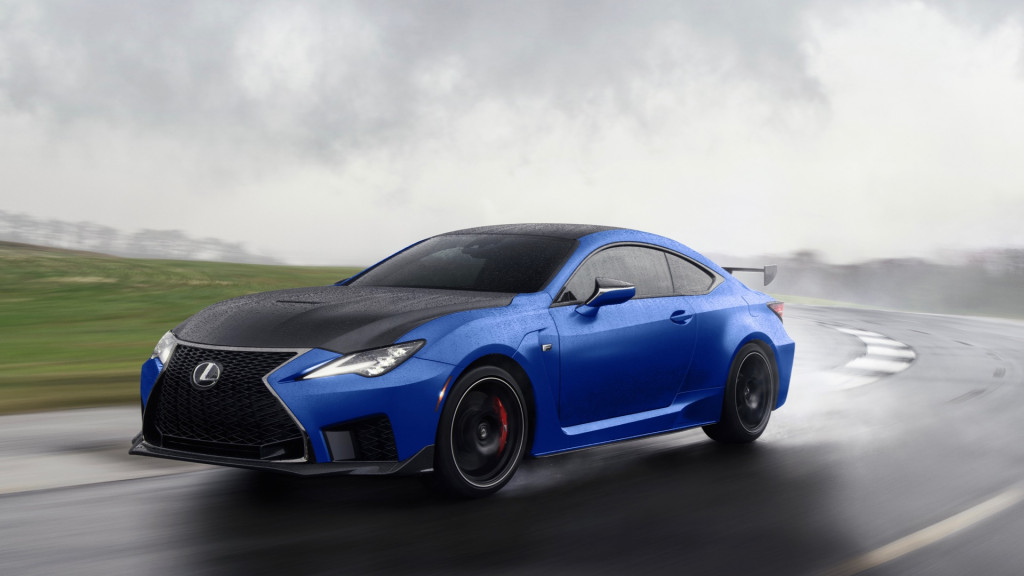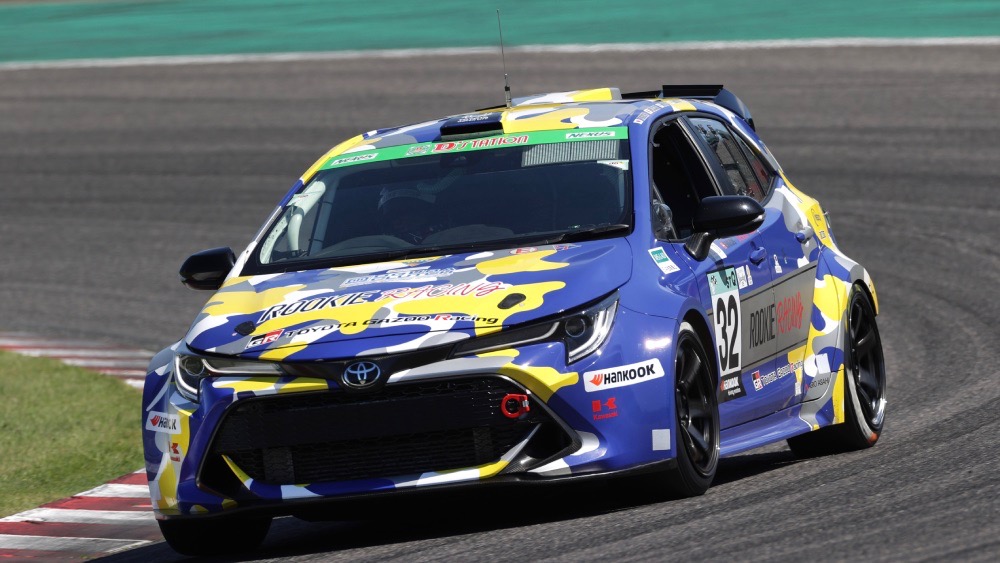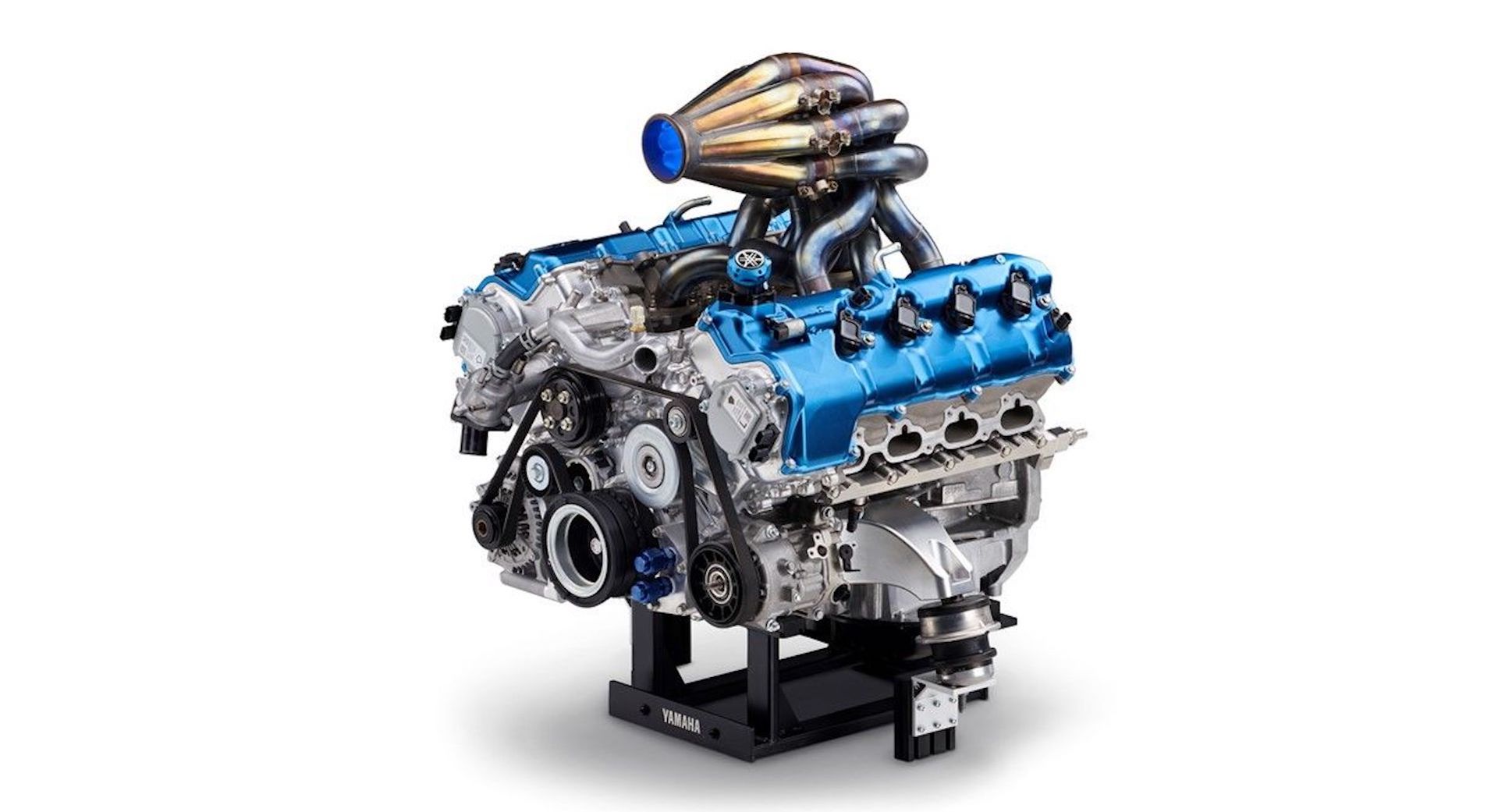Toyota and Yamaha are developing a hydrogen-powered V-8 to demonstrate how internal-combustion engines can survive in a world without fossil fuels.
Unlike the hydrogen fuel-cell powertrain used in the Toyota Mirai, in which hydrogen is used to generate electricity, this prototype engine simply burns hydrogen in place of gasoline, leaving water as the only emissions.
Based on the 5.0-liter V-8 used in the Lexus RC F, the hydrogen engine makes 449 hp and 398 lb-ft of torque, according to Yamaha. That’s not far off the conventional gasoline-fueled version’s 472 hp and 395 lb-ft of torque.

2022 Lexus RC F Fuji Speedway Edition
The hydrogen engine project follows a joint agreement by Toyota, Yamaha, Subaru, Mazda, and Kawasaki to expand the use of alternative fuel technologies. The partners plan to experiment with biodiesel and synthetic fuels as well as hydrogen.
Yamaha also partnered with Toyota on development of a hydrogen racing engine used in a Corolla Sport hatchback entered in the Japanese Super Taikyu series last year. The relationship between the two companies goes back even further, as Yamaha also developed the 4.8-liter V-10 used in the Lexus LFA.
Burning hydrogen in a combustion engine isn’t a new idea. In the early 2000s, BMW produced the Hydrogen 7, a 7-Series sedan with a hydrogen-powered V-12. But the idea does seem to be generating more interest lately.

Toyota race car powered by hydrogen engine
Chinese automaker GAC announced in late 2021 that it was testing a hydrogen combustion engine, although it didn’t confirm production plans. In addition to its Corolla Sport race car, Toyota also recently showed a hydrogen-powered GR Yaris concept.
Toyota hopes hydrogen can help address the climate impact of internal-combustion engines and keep them around for driving enthusiasts to enjoy, especially since older combustion engines can be converted to run on hydrogen. But hydrogen has many potential issues, including lack of fueling infrastructure and emissions related to production and distribution. Hydrogen combustion engines could also prove less efficient than fuel cells, which in turn are a less efficient use of energy than batteries.
